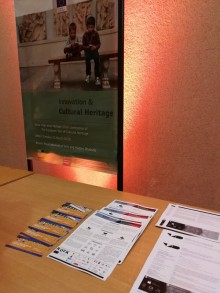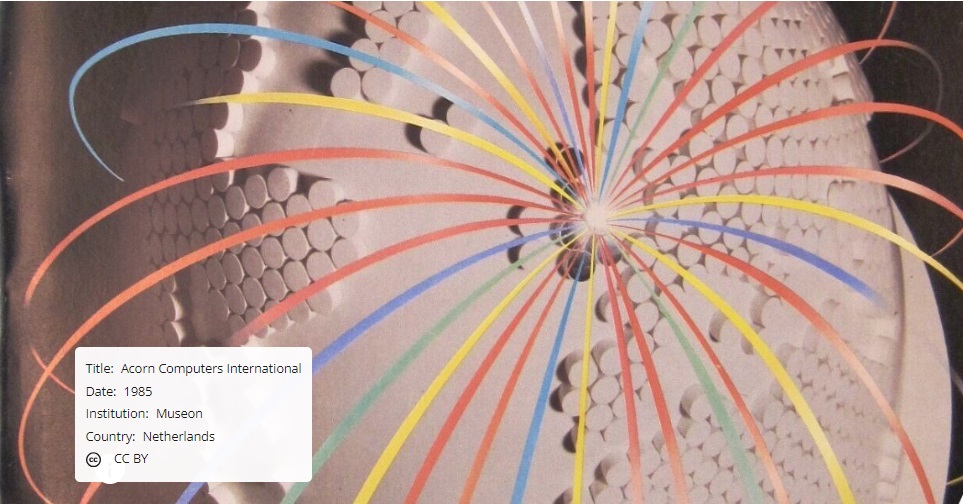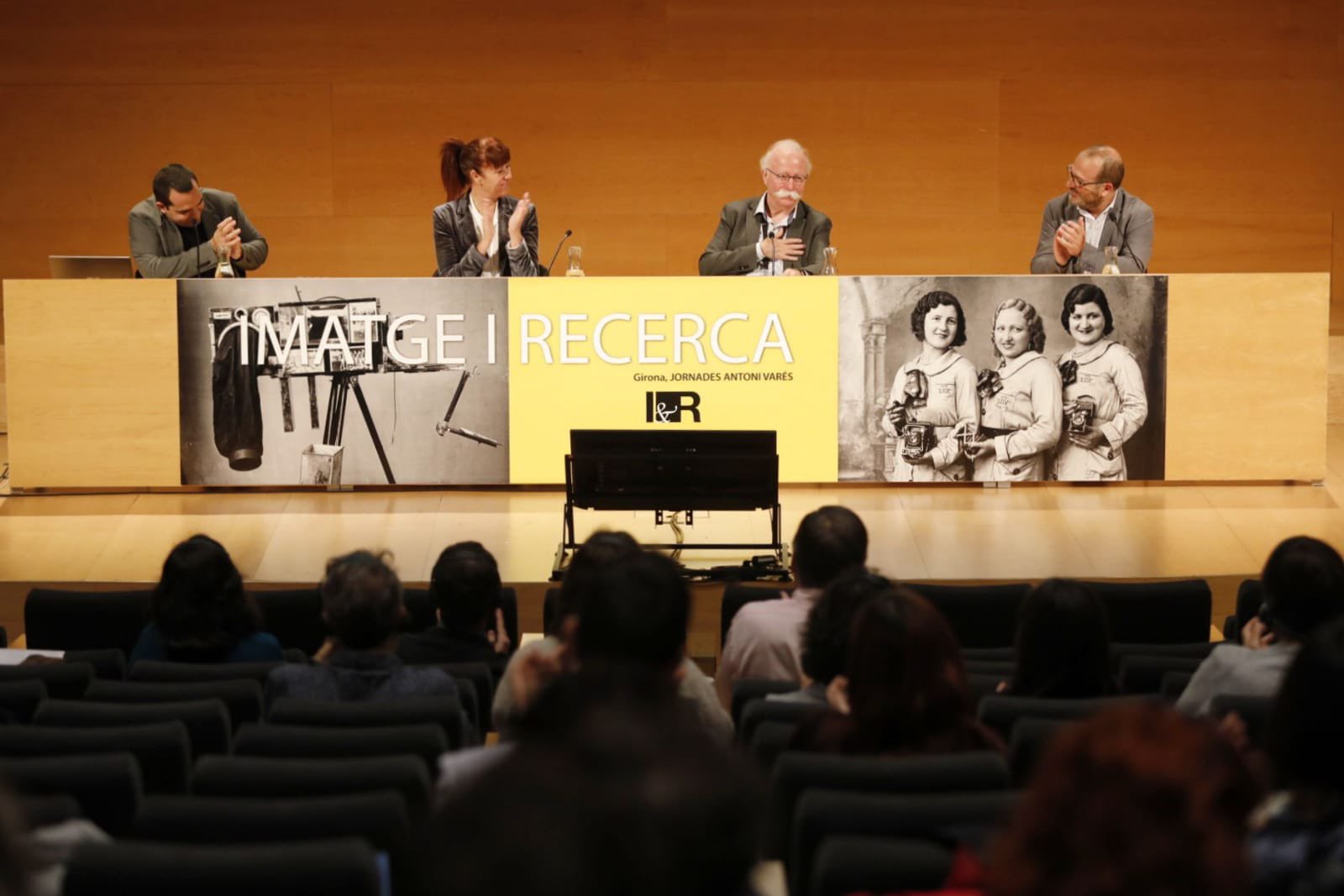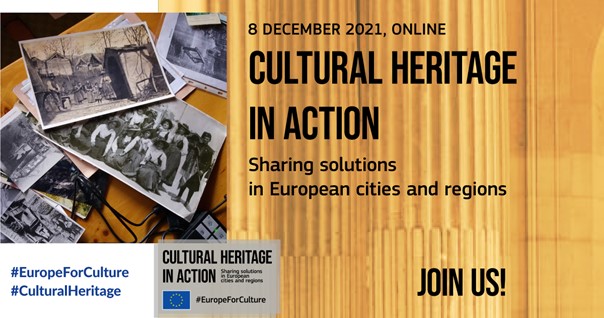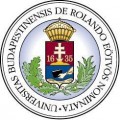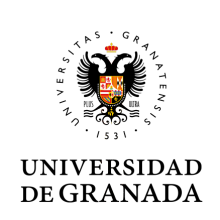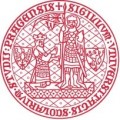 The young project, started this May 2020, will complement the ESPON Targeted Analysis of 2019: “The Material Cultural Heritage as a Strategic Territorial Development Resource: Mapping Impacts Through a Set of Common European Socio-economic Indicators” (https://www.espon.eu/cultural-heritage).
The young project, started this May 2020, will complement the ESPON Targeted Analysis of 2019: “The Material Cultural Heritage as a Strategic Territorial Development Resource: Mapping Impacts Through a Set of Common European Socio-economic Indicators” (https://www.espon.eu/cultural-heritage).
The consortium is composed by three no-profit bodies with decades of European collaboration and joint research experiences:
•Istituto per la Ricerca Sociale (IRS, Project Leader)
•European Association of Cultural Researchers (ERICarts Network and Institute)
•Associazione Economia della Cultura (AEC)
HERIWELL will face more than 40 thematics and will involve a wide number of experts and specialists from across Europe.
Its main object is to develop of a pan-European methodology and territorial analysis of impacts of cultural heritage that can be associated with societal well-being, including but not limited to quality of life, social inclusion, educational benefits and other aspects. The research will cover both material and intangible cultural heritage and the impacts should be associated with:
– The presence of material cultural heritage (stock of buildings and other objects)
– Use of the material and intangible cultural heritage (including participation in related activities)
– Digitalisation of cultural heritage
– EU-funded investments in cultural heritage
– Activities (policies and measures, including participatory ones) aimed at increasing positive impacts of cultural heritage and diminishing potentially negative influences (if feasible).
The main outcome of HERIWELL will be a methodological framework, defining the most important societal domains in which impacts of cultural heritage can be observed, supporting such impacts with evidence.
In addition, it will provide a tentative classification of cultural heritage impacts on societal well-being considering three dimensions:
1.Quality of Life (including education/skills and the use of ICT for cultural purposes; health; cultural participation and satisfaction; environmental quality);
2. Social Cohesion (e.g. equal opportunities and integration; cultural accessibility and governance; community participation, volunteering and charitable giving; trust);
3. Material Conditions (e.g. income and jobs related to culture; real estate prices, cost of living).
For more information, download the overview of HERIWELL research project here

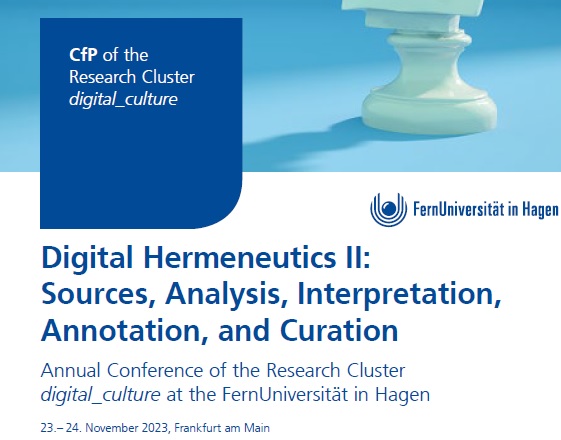 Call for papers, deadline15th September - event to take place at the FernUniversität in Hagen 23 – 24 November 2023
Call for papers, deadline15th September - event to take place at the FernUniversität in Hagen 23 – 24 November 2023- #participateinculture 2018 European Year of Cultural Heritage Best Practices Budapest call for papers Charles University citizen participation civic engagement Conference and events conferences and events COURAGE project Coventry University cultural heritage cultural participation Cyprus University of Technology digital preservation Eötvös Loránd University EU projects Europa Nostra European citizens European Commission European Commission Directorate General for Research and Innovation EYCH H2020 Horizon 2020 innovation Institutional Heritage Pilot MEMOLA project MEMOLab migration Ministero dello Sviluppo Economico minority heritage Minority Heritage Pilot participatory approaches participatory approaches to cultural heritage preservation Promoter SRL Prussian Cultural Heritage Foundation REACH project resilience Resilient Cultural Heritage and Communities in Europe Roma rural heritage Rural Heritage Pilot Small Towns Heritage Pilot sustainable development UNESCO University of Granada urban heritage workshop





